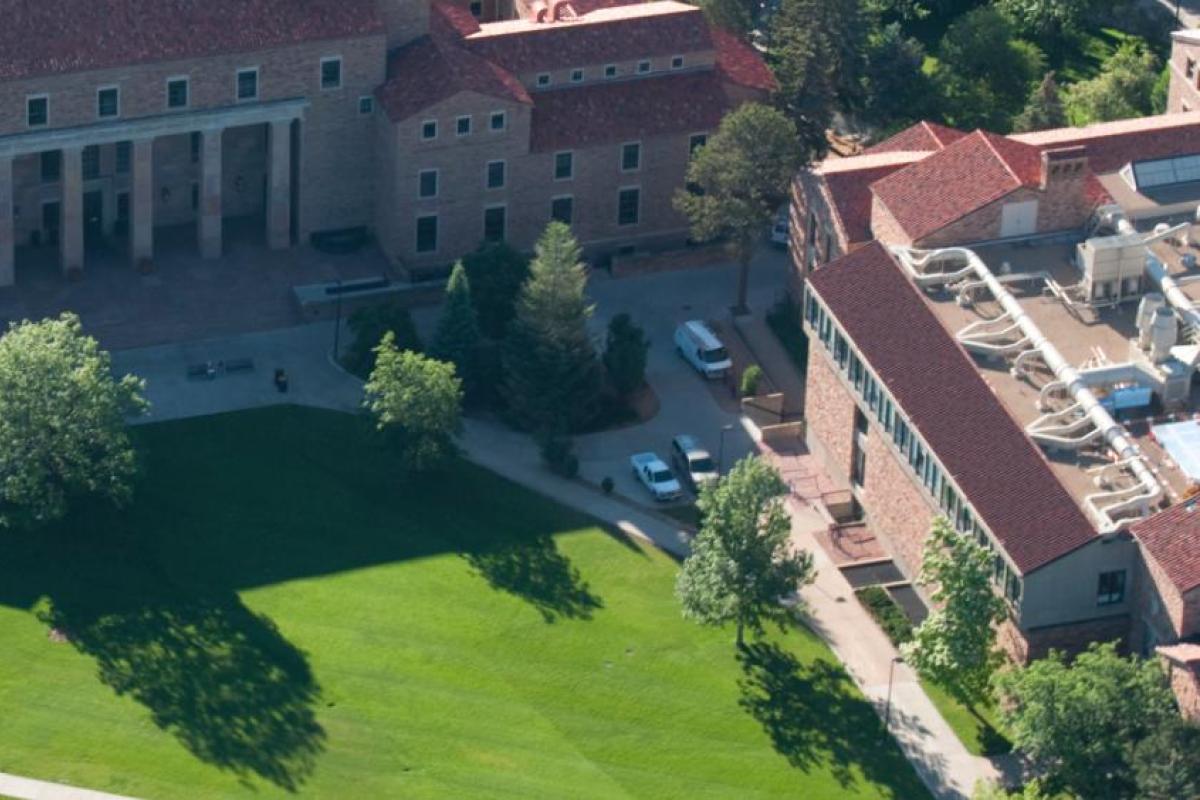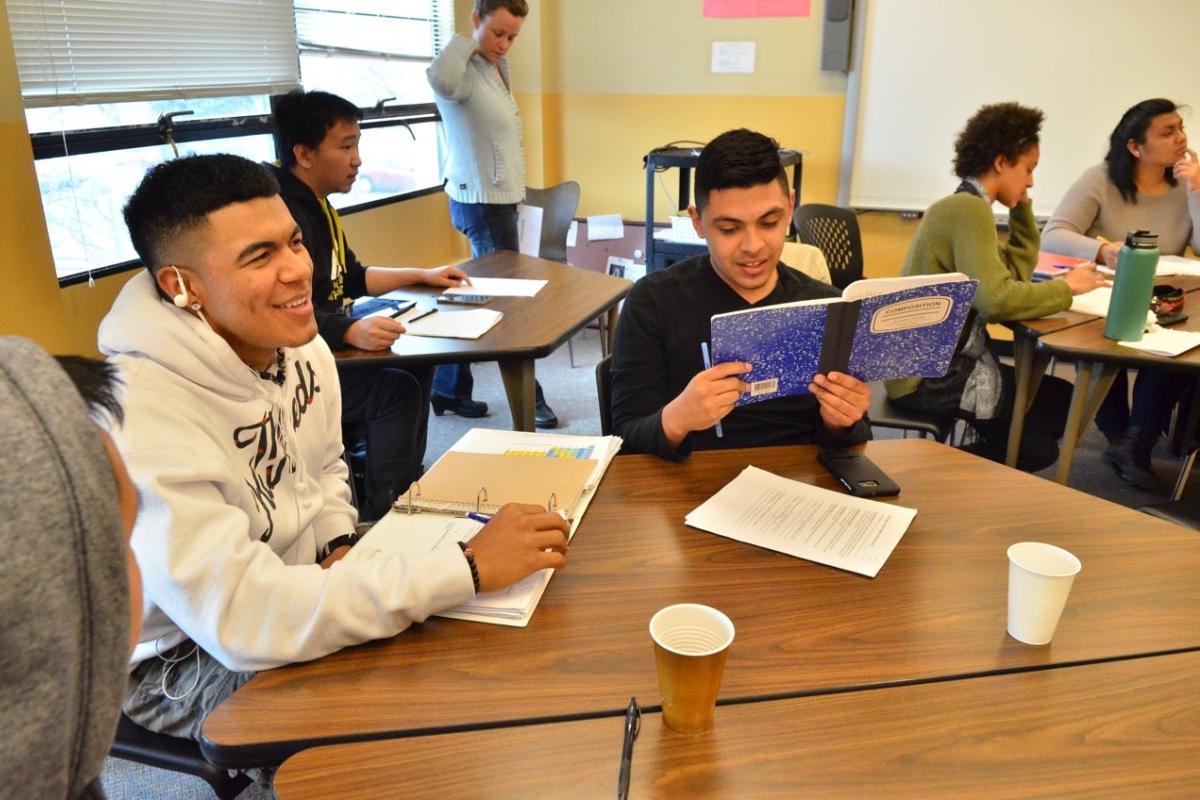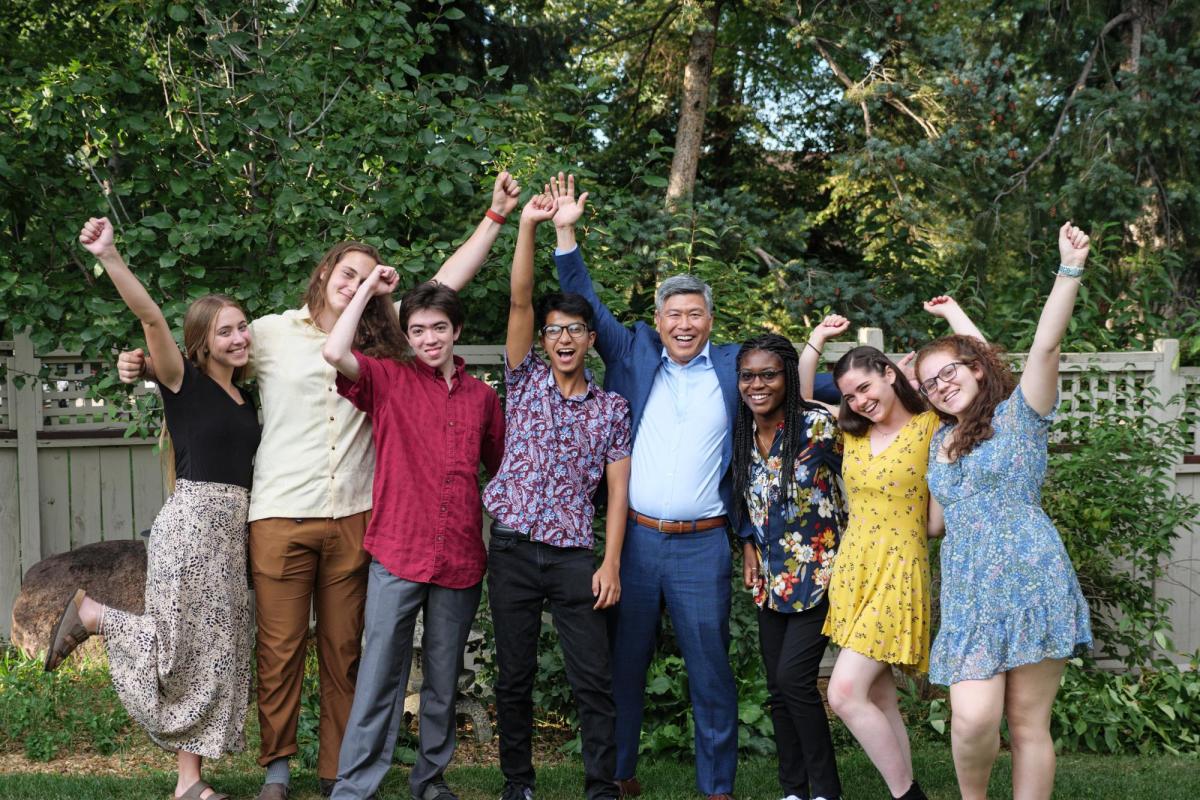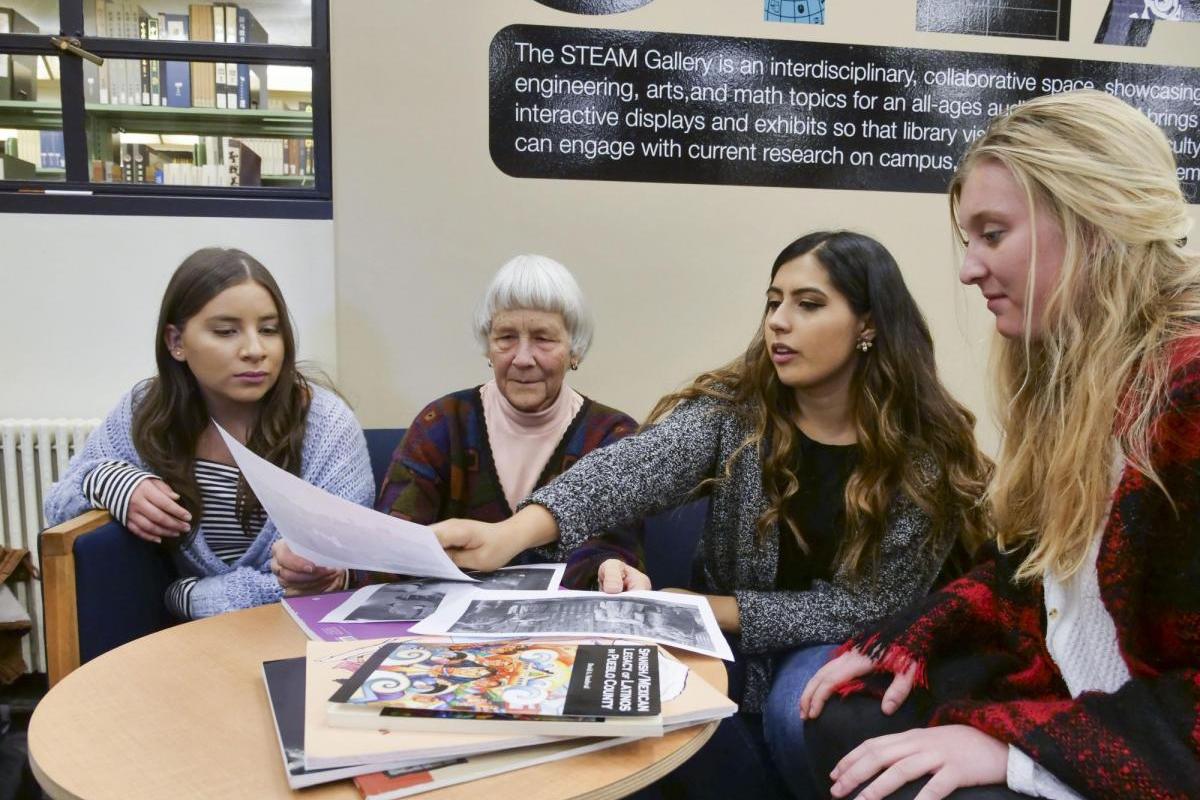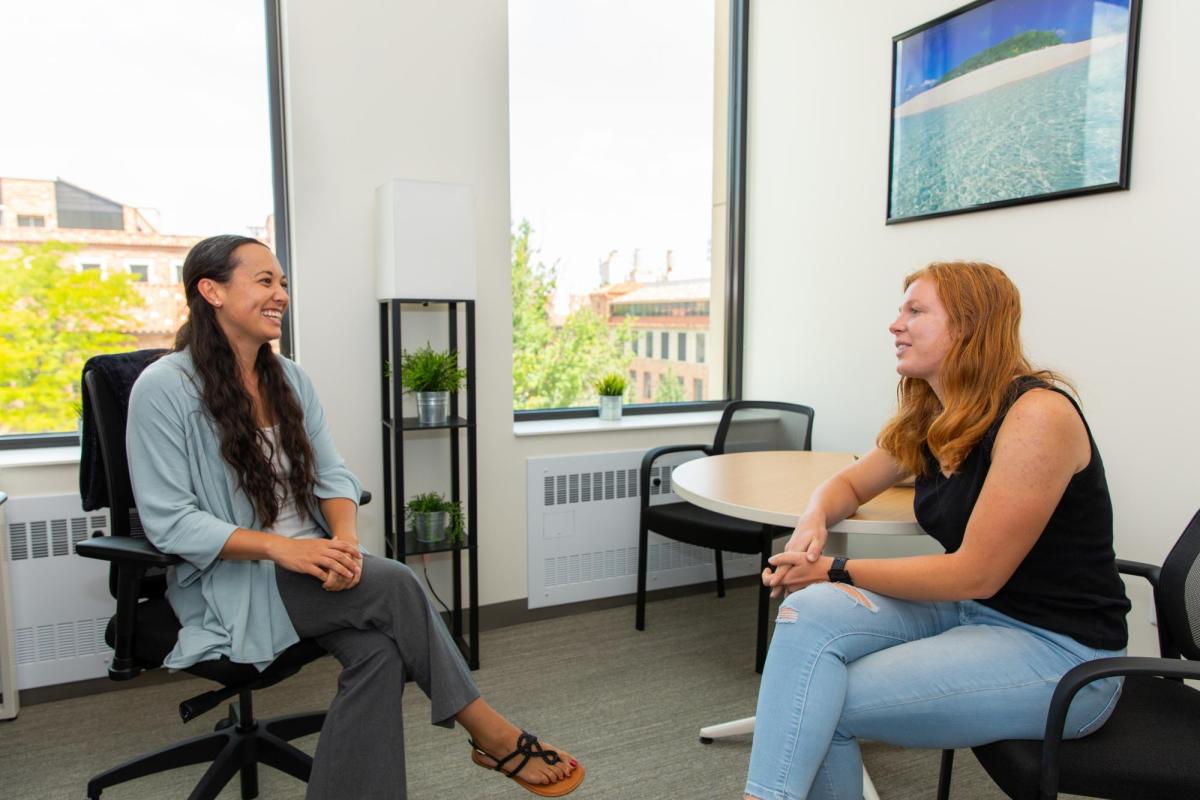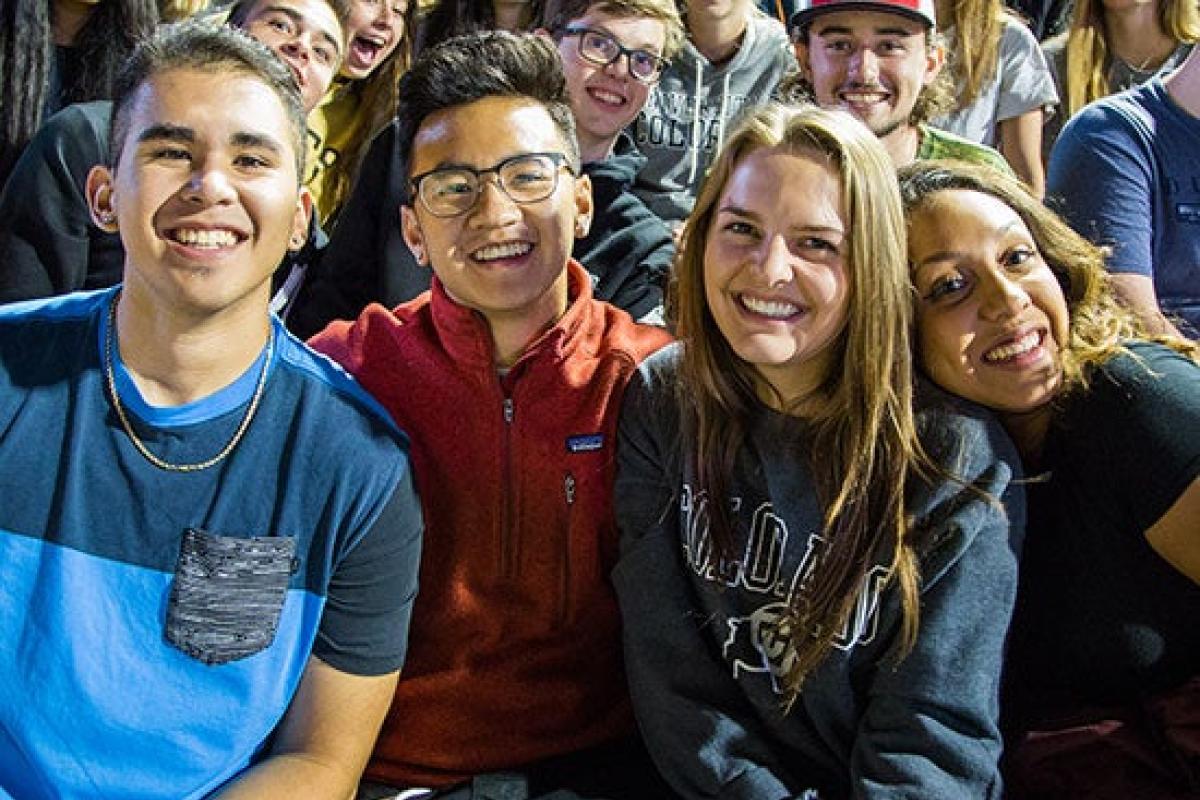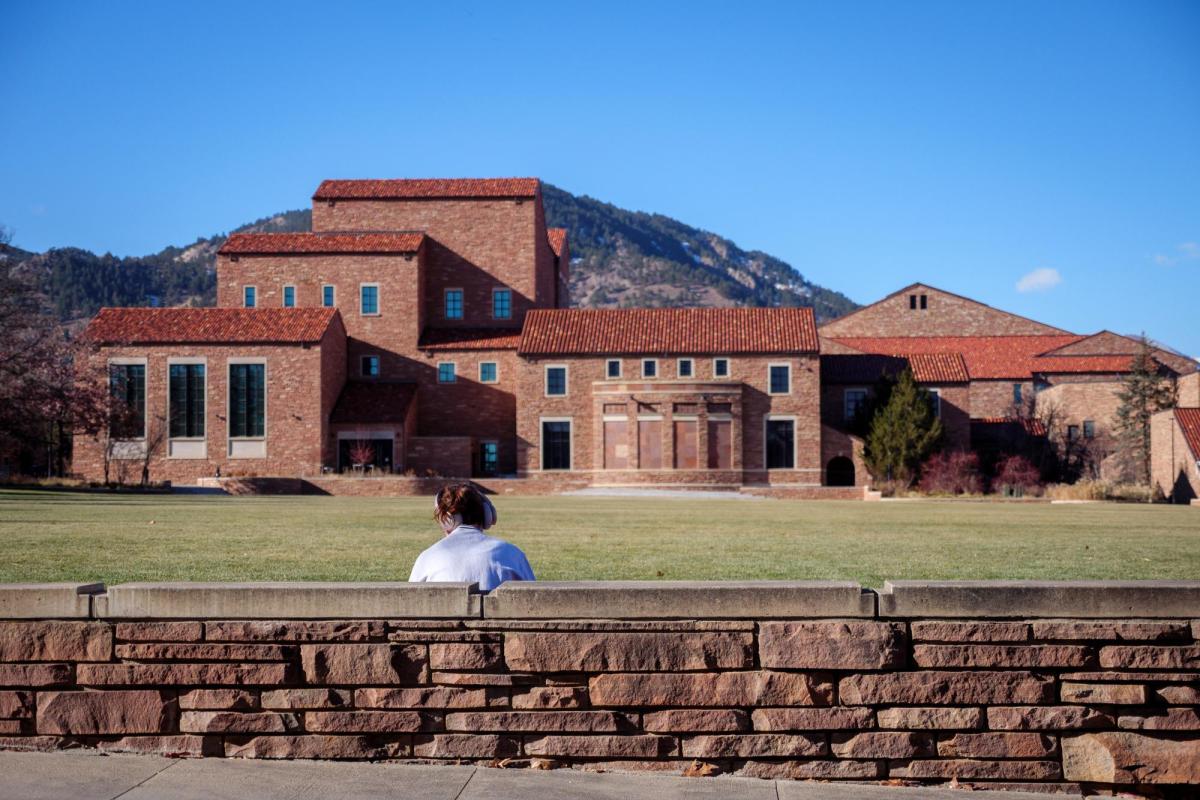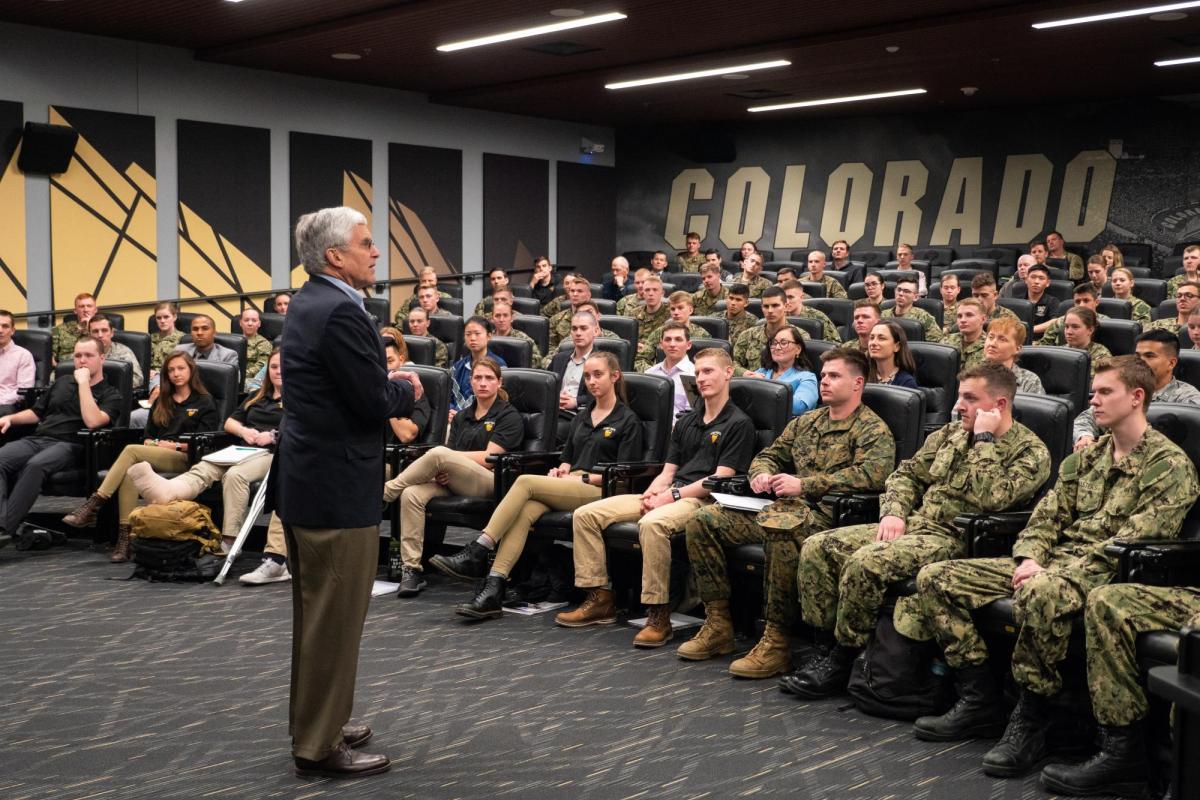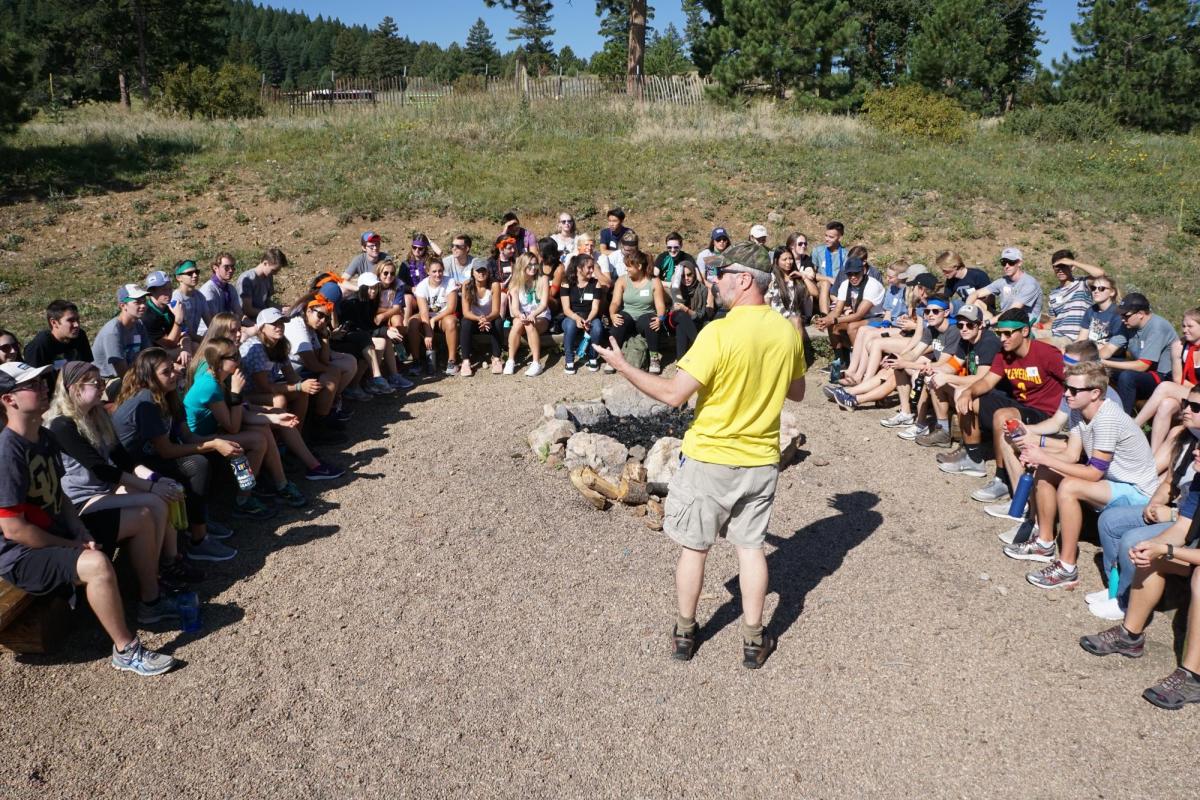Home
Academic Enrichment & Support
OUE supports students through programs that provide academic resources to enrich their college experiences.
The CU Lead Alliance is a unique set of academic learning communities of students, faculty and staff who focus on inclusivity and student success. These “academic neighborhoods" support students in their first year and beyond through:
- Academic enrichment
- Scholarship opportunities
- Shared peer experiences
Assists current CU students and recent alumni as they apply for select national and international scholarships.
Supports low income and first generation college students with academic skills development, math and writing courses, and supplementary instruction in gateway courses.
SASC supports the following programs:
UEP is a vibrant community of Boettcher, Daniels and Norlin Scholars receiving holistic academic, professional, and personal support through courses, programming, mentoring, and enrichment activities.
Connects undergraduates to the academic and creative life of the CU Boulder campus and beyond — providing enabling funding, hosting inspiring events and collaborating broadly.
Offers one-on-one sessions with professionally trained writing consultants to all undergraduates, graduate students, faculty, and staff free of charge.
Program in Exploratory Studies (PES)
The Program in Exploratory Studies (PES) helps undergraduate students discover and shape their academic and career journeys and includes the following programs:
Advising and coaching support for students in the Program in Exploratory Studies as well as students in any college, school, or program who are interested in exploring different academic paths.
A variety of small seminar courses for first-year and transfer students.
Social events, academic workshops and leadership development programming for first generation and/or underserved students as they navigate their first year at CU Boulder.
A residential cohort in Farrand Hall that uses an innovation and exploration lens to help first-year students design their path at CU Boulder.
International Programs
Our international programs include the following:
Administers hundreds of programs in more than 60 countries. Participating students receive in-residence credit and the credit may be applied to major and college requirements with prior advisor approval. Financial aid and scholarships are available.
Provides holistic support to international students, scholars, and their families throughout their time at the university. Services include immigration advising; programs and events; cultural adjustment support; referrals to other offices and resources; and advocacy on campus and with governmental agencies.
Support provided to students who speak English as an additional language. Services include free tutoring and elective courses that support student success and help students improve their academic and English language skills.
Leadership Programs
OUE supports the campus imperative to “train tomorrow’s leaders” and oversees the following leadership programs:
Enrollment in Reserve Officers Training Corps (ROTC) programs is open to both men and women, and ROTC lower-level leadership courses are open to all students whether or not they contract with ROTC.
The Presidents Leadership Class is a scholar community with academic and experiential curricula with focus on leadership development based on program pillars and values.
Campuswide Collaboration
OUE collaborates with a wide array of campus partners to conceptualize and develop new student success initiatives that will enable CU Boulder to recruit and retain a highly competitive and diverse undergraduate student body. We assess student and program outcomes, identify gaps, and launch and support student-facing campus initiatives to promote student success.
The Office of Undergraduate Education leads the campus first-year advising network and cross-campus advising initiatives.
In partnership with the Office of Student Affairs, the Office of Undergraduate Education leads the First Year Experience Advisory Board, which oversees Residential Academic Programs (RAPs), Living and Learning Communities (LLCs) and the CU Boulder First Year Experience Outcomes.
The Office of Student Affairs houses a number of academic resources for students.CU Boulder offers a wide variety of tutoring and learning resources to support student academic success.



